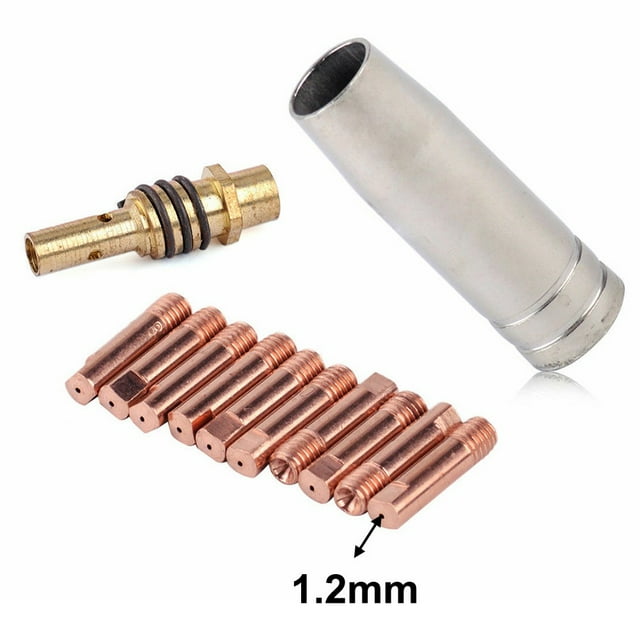12+ 6700Xt Power Tips For Stable Performance

The AMD Ryzen 9 7900X and Ryzen 9 7950X, alongside the Ryzen 7 7700X and Ryzen 5 7600X, are part of the Zen 4 architecture, offering significant improvements over their predecessors. For users aiming to get the most out of their 6700XT or similar high-performance systems, stabilizing and optimizing performance is crucial. Here, we’ll delve into a plethora of tips aimed at ensuring your system runs smoothly, coolly, and at peak performance.
Understanding Your Hardware
Before diving into optimization, it’s essential to understand your hardware. The Ryzen 7000 series CPUs, when paired with a compatible motherboard like those with the X670 or B650 chipset, offer unparalleled performance. Ensure your system is well-matched in terms of RAM speed and capacity (at least 16GB, preferably 32GB or more, with speeds of DDR5-5200 or higher), and a powerful GPU like the Radeon RX 6700 XT for graphics needs.
Cooling Solutions
- Air Cooling vs. Liquid Cooling: High-performance CPUs and GPUs generate a lot of heat. Consider investing in a quality air cooler or, better yet, a custom liquid cooling solution to keep temperatures under control.
- Case Airflow: Ensure your computer case has excellent airflow. This may involve installing additional case fans or opting for a case designed with airflow in mind.
Power Supply Considerations
- Wattage and Efficiency: Choose a power supply that can handle the total wattage of your system under full load, with some headroom for safety. An 80+ Gold certified PSU is a good starting point for efficiency.
- Modular vs. Non-Modular: Opt for a modular PSU to reduce cable clutter, improving airflow within your case.
BIOS and Drivers
- Update Your BIOS: Regularly check for BIOS updates for your motherboard, as these can improve system stability, fix bugs, and occasionally offer performance enhancements.
- GPU Drivers: Keep your GPU drivers up to date. AMD frequently releases driver updates that can improve performance in specific games and applications.
Overclocking for Performance
- CPU Overclocking: If you’re comfortable with the process, overclocking your CPU can yield significant performance gains. Use tools like Ryzen Master for Ryzen CPUs to tweak your settings carefully.
- GPU Overclocking: Similarly, overclocking your GPU (like the Radeon RX 6700 XT) can enhance gaming performance. software like AMD’s Radeon Software or third-party tools can help.
Memory Optimization
- RAM Timings and Speed: Ensure your RAM is set to its rated speed and timings in your BIOS. Faster RAM can make a noticeable difference in applications that heavily utilize memory bandwidth.
- Dual Channel vs. Single Channel: Running your RAM in dual channel mode (using two sticks of RAM in compatible slots) can provide a performance boost over single channel.
Operating System and Software Optimization
- Update Your OS: Keep your operating system updated, as newer versions often include performance enhancements and fixes for known issues.
- Disable Unnecessary Programs: Programs running in the background can consume system resources. Disable or uninstall any unnecessary software to ensure your system can allocate resources where they’re needed.
Monitoring Performance
- HWiNFO and GPU-Z: Tools like HWiNFO and GPU-Z are invaluable for monitoring your system’s temperatures, voltages, and performance metrics in real-time.
- Benchmarking Software: Regularly run benchmarking tests (e.g., 3DMark for GPU, Cinebench for CPU) to assess your system’s performance and identify any potential bottlenecks.
Thermal Paste and Pads
- High-Quality Thermal Paste: Applying a high-quality thermal paste between your CPU die and the cooler can significantly improve heat transfer efficiency.
- GPU Thermal Pads: For GPUs, using high-quality thermal pads on the VRM and memory can help in keeping these components cool.
Cable Management
- Keeping it Tidy: Good cable management isn’t just about aesthetics; it can also improve airflow within your case, reducing temperatures and noise levels.
Stress Testing
- Prime95, OCCT, and FurMark: Use stress testing tools to push your system to its limits, identifying any stability issues or overheating problems before they become critical.
Community and Forums
- Engage with the Community: Websites and forums dedicated to PC building and overclocking, like Reddit’s r/buildapc, can be invaluable resources for learning about the latest techniques, sharing experiences, and getting specific advice on your setup.
###FAQ Section
What is the importance of proper cooling for high-performance CPUs and GPUs?
+Proper cooling is crucial for maintaining the stability and performance of high-performance components. Overheating can lead to throttling, reducing performance, and potentially damaging the components over time.
How often should I update my GPU drivers for optimal performance?
+It’s recommended to check for GPU driver updates regularly, ideally every 2-4 weeks, as new games and applications may require the latest drivers to run optimally. Additionally, driver updates often include performance enhancements and bug fixes.
Can overclocking my CPU and GPU void their warranties?
+Yes, overclocking can potentially void the warranties of your CPU and GPU, depending on the manufacturer’s policies. Always check the warranty terms before attempting to overclock any component.
What role does RAM speed play in system performance, and how can I optimize it?
+RAM speed can significantly impact system performance, especially in applications that rely heavily on memory bandwidth. To optimize, ensure your RAM is set to its rated speed and timings in your BIOS, and consider upgrading to faster RAM if your system and budget allow.
How can monitoring software help in maintaining my system’s performance and stability?
+Monitoring software like HWiNFO and GPU-Z provides real-time data on temperatures, voltages, and performance metrics. This information is crucial for identifying potential issues before they become serious, allowing for timely adjustments to maintain performance and stability.
In conclusion, achieving stable and optimal performance from your system, especially with components like the Ryzen 7000 series CPUs and Radeon RX 6700 XT GPU, involves a combination of proper hardware selection, cooling solutions, driver updates, and thoughtful system configuration. By following these tips and staying up to date with the latest best practices and technologies, you can ensure your system operates at its best, providing you with an exceptional computing experience.
